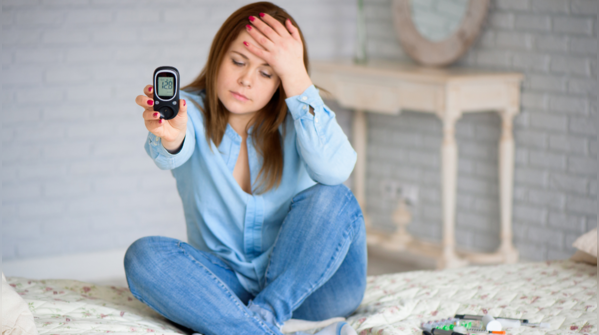
1/6
What are the drinks that one should avoid to reduce the risk of diabetes?
In daily life, it's easy to grab a cold soda, a sweetened latte, or even an energy drink during a hectic afternoon. These drinks are everywhere – in the fridge, at social events, or lining supermarket shelves. While they might taste good or offer a quick energy fix, the health consequences of regularly consuming them can be serious, especially when it comes to increasing the risk of type 2 diabetes.
Here are 5 commonly consumed drinks that research has linked to a higher diabetes risk, and what healthier alternatives can easily take their place.
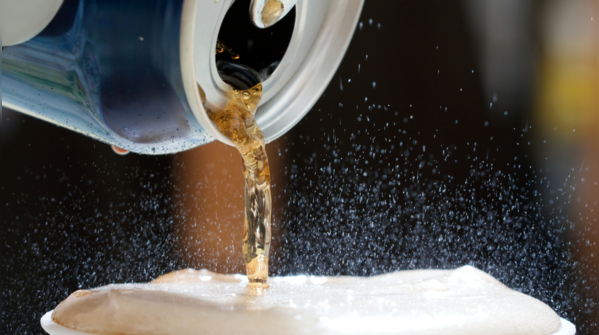
2/6
Sodas
What’s believed: Sodas are often seen as a refreshing treat, especially on hot days or with fast food. Many believe that occasional intake isn’t harmful.
The truth: Most regular sodas are loaded with added sugars, with one can often containing more than 35 to 40 grams of sugar. That’s more than the daily limit suggested by the American Heart Association. Over time, this sudden spike in blood sugar levels can overwork the insulin system, leading to insulin resistance, a major trigger for type 2 diabetes.
A better choice: Unsweetened lemon water, coconut water (in moderation), or even naturally flavoured water with cucumber or mint. These help hydrate without raising blood sugar.
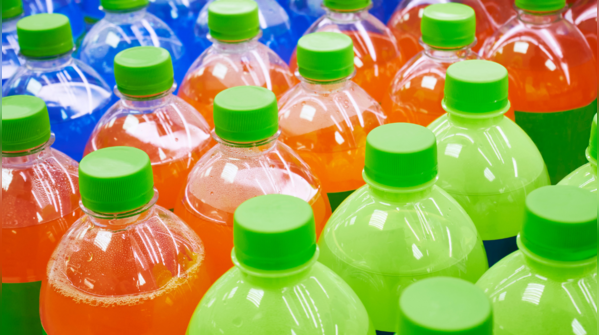
3/6
Artificially sweetened drinks
What’s believed: Diet sodas and sugar-free juices are often marketed as healthier options for those wanting to avoid sugar.
The truth: While these drinks are low in calories, studies, including research published in the Journal of the American Geriatrics Society, have shown a possible link between artificial sweeteners like aspartame and increased insulin resistance and blood sugar spikes. These effects may confuse the body’s metabolic response and can still impact diabetes risk in the long run.
A better choice: Choose plain soda water with a squeeze of lemon or drink infused herbal teas like hibiscus or green tea (without sugar). They offer flavour with zero metabolic confusion.
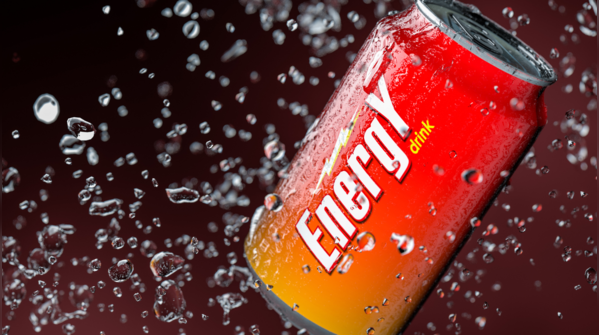
4/6
Energy drinks
What’s believed: These drinks are popular among teenagers and adults for an energy boost before workouts or during late-night study sessions.
The truth: Many energy drinks are packed with high doses of sugar and caffeine, sometimes even more than soft drinks. The combination of stimulants and sugar causes rapid blood glucose fluctuations. People who regularly consumed energy drinks had a higher risk of type 2 diabetes due to insulin spikes and crashes.
A better choice: Natural energy boosters like black coffee (without sugar), matcha tea, or simply a handful of nuts can provide a more stable energy boost without harming the pancreas.
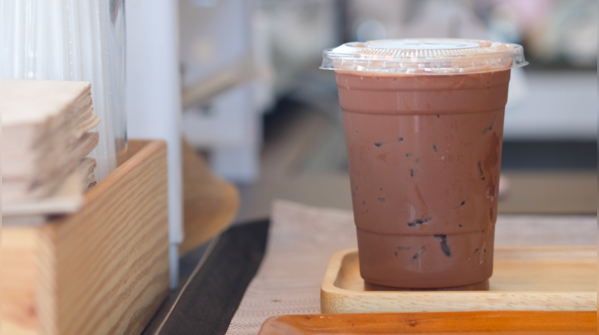
5/6
Blended mocha drinks
What’s believed: A coffee treat once in a while seems harmless. Many think of it as a fancier version of regular coffee.
The truth: Blended coffee drinks, especially those topped with whipped cream and flavoured syrups, can contain more sugar than a slice of cake, often around 300-400 calories per cup. These drinks are easy to underestimate but contribute significantly to daily sugar intake. Such beverages can quietly tip the scale toward metabolic disorders, including diabetes.
A better choice: Switch to plain cold brew, iced Americano, or coffee with plant-based milk (without sweeteners). These offer the coffee taste without the sugar overload.
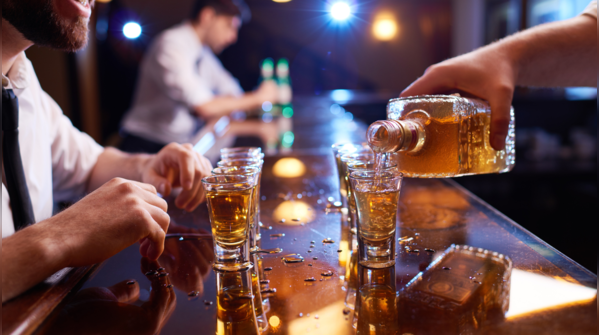
6/6
Alcohol
What’s believed: Occasional drinking, especially wine or spirits, is seen as socially acceptable and even heart-healthy in some conversations.
The truth: Many alcoholic drinks, especially cocktails, wines, and liqueurs, contain hidden sugars and carbs. Regular alcohol intake may also interfere with the liver’s ability to regulate blood sugar. Excessive alcohol can increase the risk of type 2 diabetes, particularly when combined with an unhealthy diet.
A better choice: If needed occasionally, dry red wine in moderation may be less harmful. But for non-alcoholic alternatives, kombucha (unsweetened), herbal teas, or sparkling water with fruit slices can be refreshing and safe.
Follow Us On Social Media

 1 month ago
101
1 month ago
101


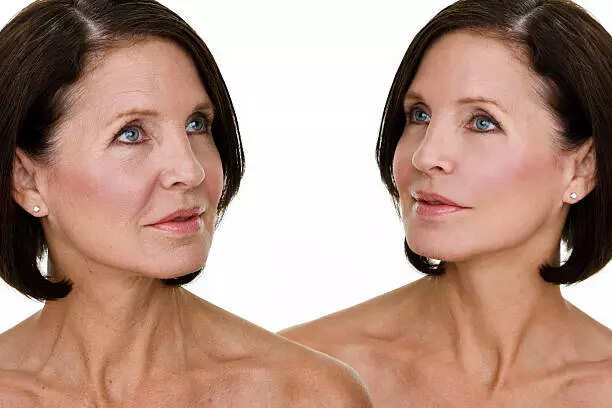

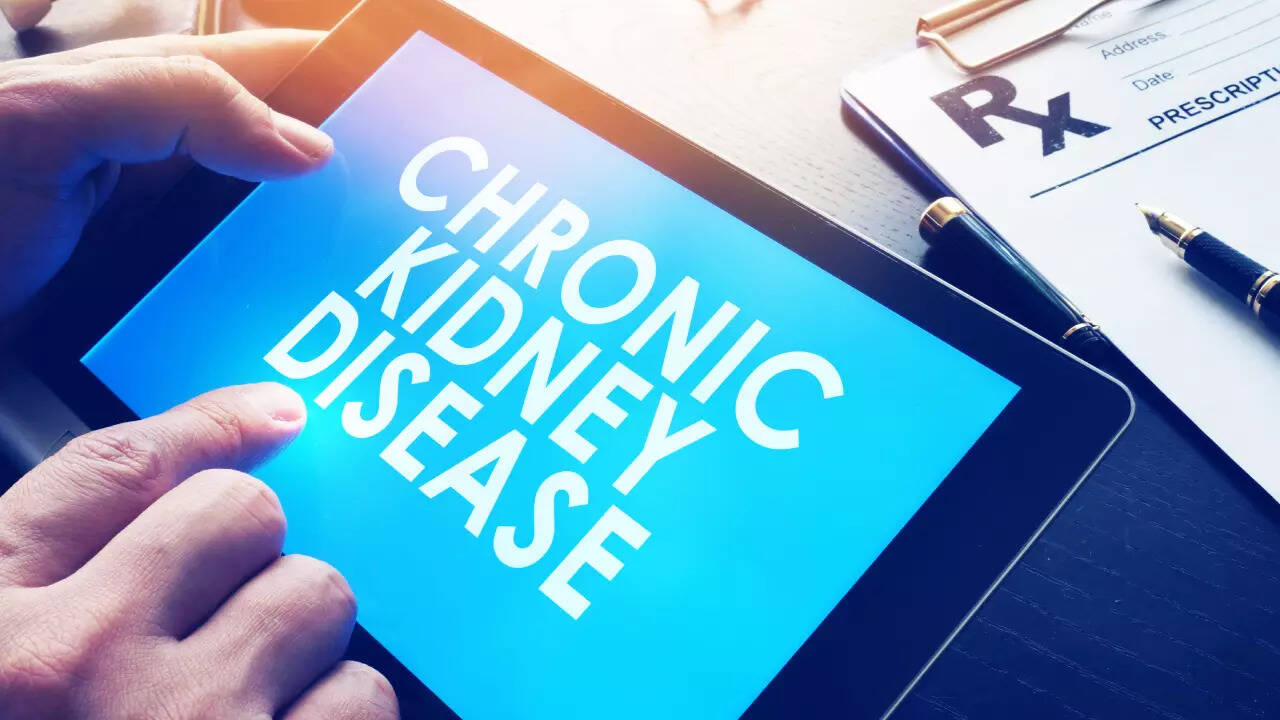


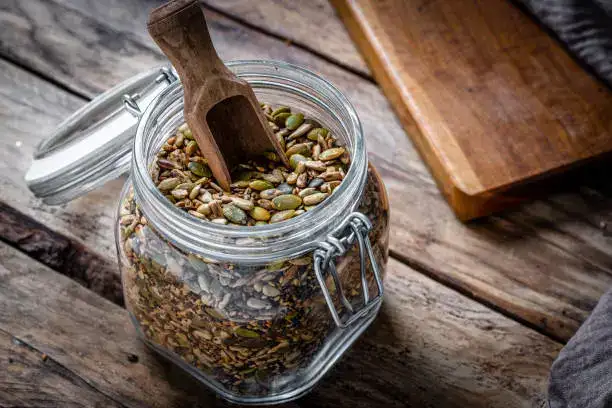




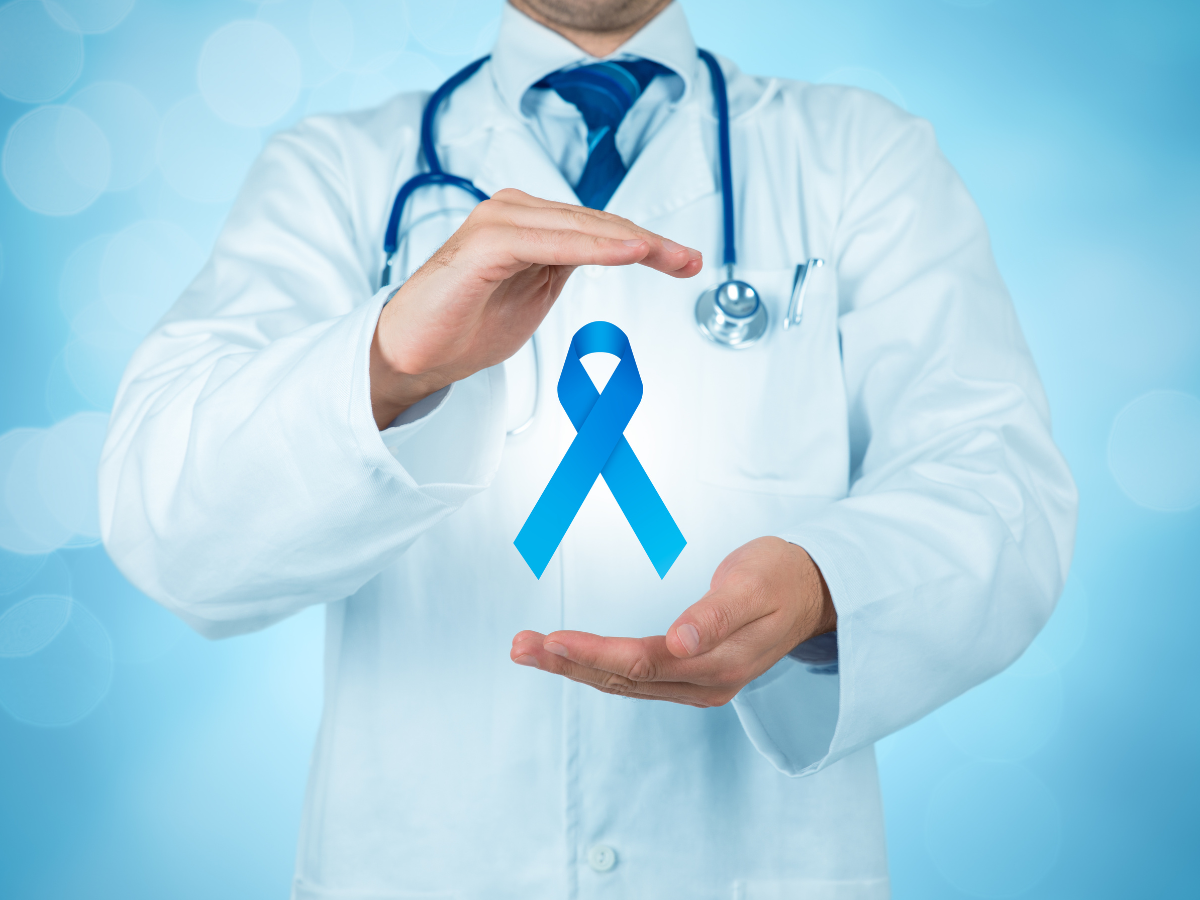
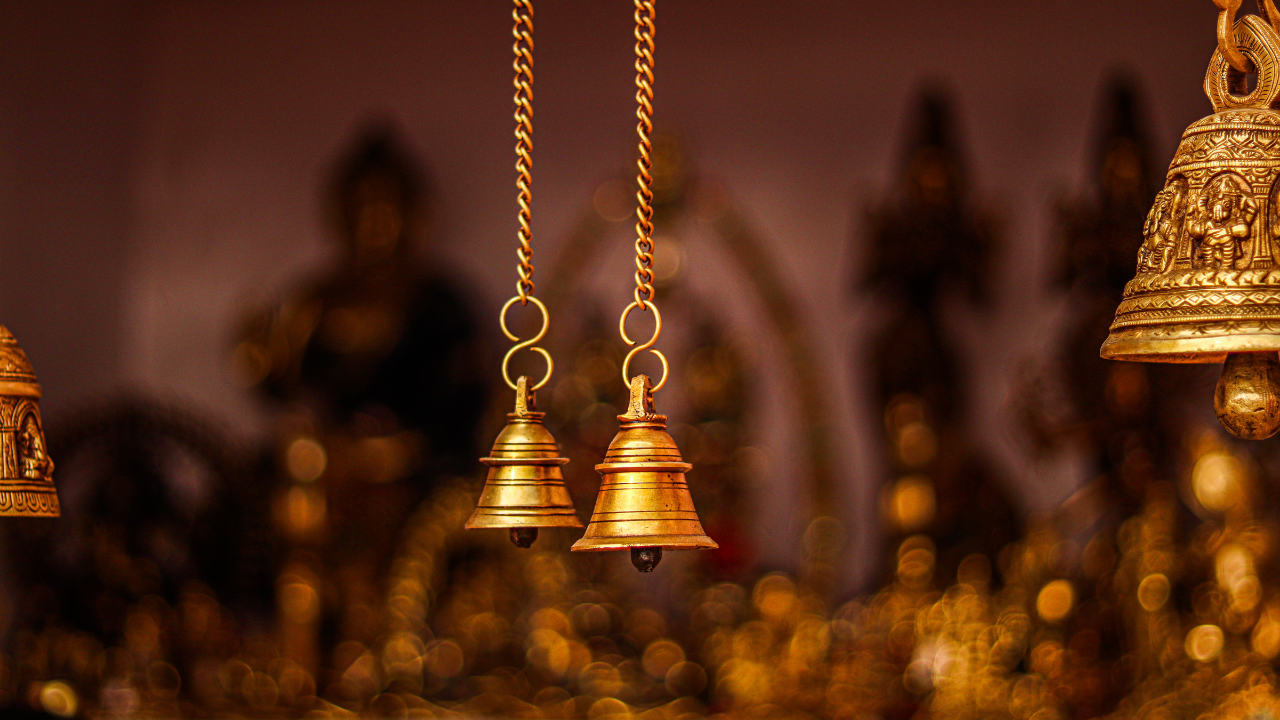














 English (US)
English (US)